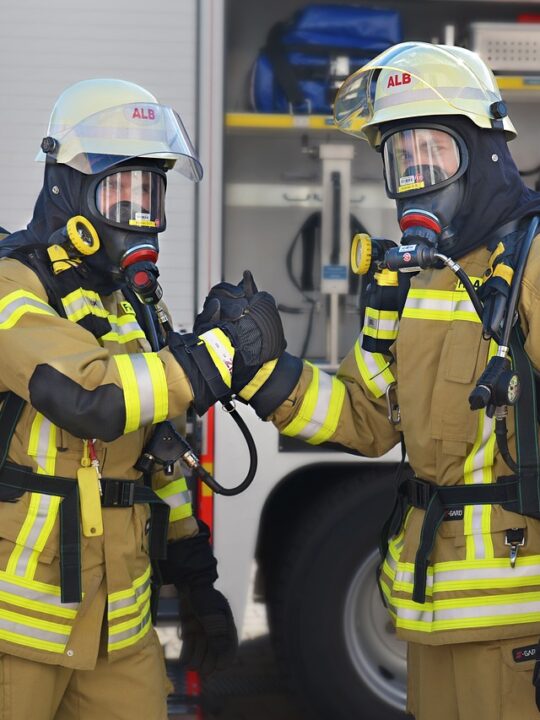 Christianity is often associated with care and compassion. The same calling brings many people to work in the medical field in some capacity, including nursing. Christians and Christian organizations have often been at the forefront of healthcare and continue to influence it in many ways today. Let’s look at Christianity and its role in nursing and medicine today.
Christianity is often associated with care and compassion. The same calling brings many people to work in the medical field in some capacity, including nursing. Christians and Christian organizations have often been at the forefront of healthcare and continue to influence it in many ways today. Let’s look at Christianity and its role in nursing and medicine today.
Table of Contents
Healthcare Providers
The Bible calls for us to aid the poor, house the homeless, and care for the sick. This has led to Christian missionaries setting up schools and hospitals everywhere they’ve visited, often remaining the largest healthcare providers, even today.
For example, several Catholic hospital networks and the Adventist health network are among the largest not for profit hospital networks in the United States. While Christian missionaries often had a small influence on people’s religious beliefs, the hospitals and clinics they founded generations ago continue to serve a large share of the population. This means that a disproportionate number of hospitals, clinics, and long-term care facilities are administered by Christian charities. And many nurses of all faiths end up working for such facilities simply because they are so numerous.
Healthcare Education
The same groups that were building hospitals, clinics and schools around the world organized medical schools and nursing schools to staff those services. This is why so many Christian schools like Regis College have nursing programs, and there are a number of Christian medical schools as well.
If the school doesn’t have a full medical school, many offer a pre-med degree that prepares you to go to a secular medical school. Another option is becoming a nurse practitioner, where you fill nearly the same role as a doctor for similar pay. Earning a doctorate in nursing to become an NP is an excellent option, even if there isn’t one of the programs near you. You could enroll in Regis College Online and earn the widely recognized Regis DNP degree.
Treating the Whole Patient
Christian healthcare providers are also able to support the entire patient and offer holistic care. In fact, they’ve been doing so for a long time. They seek to support the mind, body, and soul of the patient.
For example, understanding the depressive effect of grief or stress on a patient on one’s immune system and health leads to better overall treatment than simply prescribing medication. Knowledge about how chronic pain contributes to depression and health conditions impact the mind results in better overall care for patients. And knowing how to refer patients to complimentary support systems, whether support groups or counseling or local charities, ensures that patients have far better outcomes overall.
Medical programs have evolved to teach patients how to offer emotional support, counseling, and advice without advocating a specific belief system if that is not wanted by the patient. And this is standard because Christian healthcare systems and Christian nurses truly serve the entire community.
Conclusion
Christianity continues to play a major role in healthcare and Christian nurses are central to it. Many medical professionals from nurses to doctors work in Christian healthcare systems, regardless of their faith.







